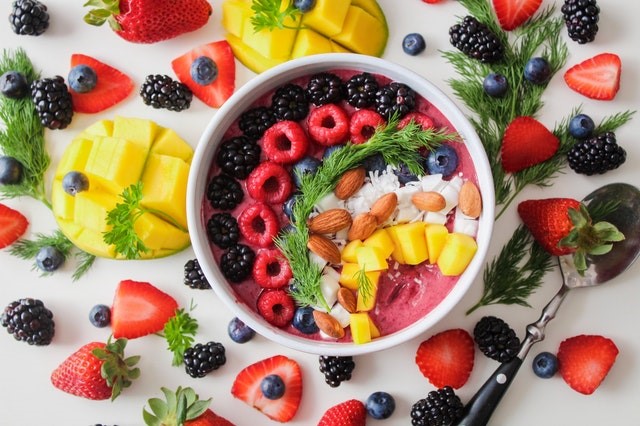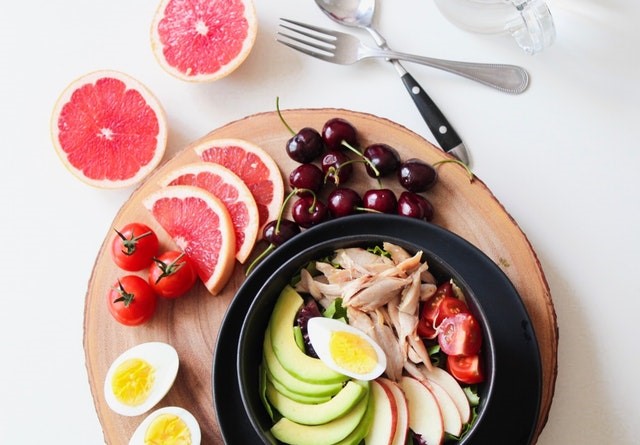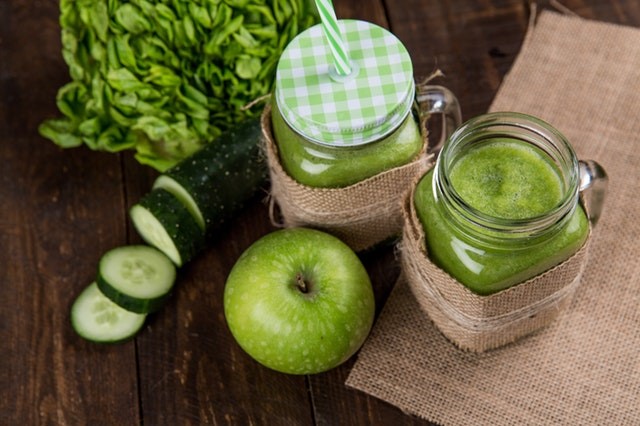4 Ways to Manage Your Child’s Hyperactivity Through Nutrition
Are you looking to find ways to manage your child’s hyperactivity? How does nutrition-management help?
To understand about the important role that nutrition plays in managing the hyperactivity of your child, you must first understand about the brain and gut connection.
Major absorption happens in the small intestine. It contains a nerve that sends a signal to the brain which promotes functions of the body like digestion, immune function, heart health and mood [1]. According to Prescription for Nutritional Healing (2010), taking in packed convenient food with additives and food coloring have great impact in the chemical balance of the brain.
Thus, apart from investing in therapy and other ways to address hyperactivity, here are four tips to start nutrition-management for kids with hyperactivity.
1. Do not compromise quality over convenience
Due to a fast-paced lifestyle, parents opt for food that’s readily available. These convenient options cut down on quality and are often fortified with synthetic vitamins. A study was conducted on the awareness of health effect of consuming convenient food and yet people still choose to buy ready-to-eat food even though healthy food is not really time consuming[3].
Start by choosing to give your children lots of fruits as snacks; you can never go wrong with the fresh, nutritious goodness of fruits that children will surely like.
2. Avoid Food Additives
There is a link with food additives and hyperactivity in school children [4]. Food coloring are coal tar derivatives that cause irritability, DNA damage, anxiety, cancer, etc.
Removing food additives, artificial color, artificial flavor and preservatives from a child’s diet improves overall well-being. There are also known studies that show mineral and vitamin-wasting and nutrient malabsorption, which can really affect the brain activity of school children consuming drink and food with Tartrazine [5].
Tartrazine, also known as Yellow #5, are found in products like soy sauce, breakfast cereals, chips, your snacks, candies, etc. Make sure to read the label before buying to make sure the product has no artificial food additives and preservatives.
3. Serve your children a balanced diet
Empty caloric and non-nutritive food like chips, refined sweets, pastries, and other junk food suppress the appetite of children, hindering them to eat a full nutritious balanced meal [7].
As a result, children manifest hyperactivity and lack of focus. Studies show that eliminating the convenient empty calorie food improves cognitive function of school children and may lessen the symptoms of ADHD.
4. Juice your vegetables. Eat your fruits.
It’s naturally hard to feed children vegetables and easier for children to eat their fruits. Eating fruits would less likely turn fruits into sugar immediately because children can only eat as much rather than juicing it.
The best way to serve vegetables to meet the children’s nutritional needs is to be creative. This is our Baron Method Red Juice Recipe that can help children take in the nutrients of a lot of vegetables in one glass.
By juicing the vegetables, it’s easier for children to drink more vegetables in one gulp rather than eating it. They would most probably take in more vitamins and nutrients with juicing the vegetables in a day rather than eating them in a week [8]
References:
-
https://www.ncbi.nlm.nih.gov/pmc/articles/PMC5859128/pdf/fpsyt-09-00044.pdf
-
https://www.sciencedirect.com/science/article/pii/S1877042814011409
-
https://www.verywellhealth.com/tartrazine-free-diet-83227
-
https://www.tandfonline.com/doi/abs/10.1080/09764224.2017.1397429
-
https://articles.mercola.com/sites/articles/archive/2011/11/13/benefits-of-juici
ABOUT THE CONTRIBUTOR
Harvie De Baron’s Sports Nutrition knowledge came from a Diploma in Sports Nutrition from Oxford College with high distinction. The practice evolved and became a source for nutrition information not just for athletes but for anyone who wanted to improve their quality of life. Harvie also holds a Certificate III in Fitness from the Australian Fitness Network.
Harvie lives by his principle “transform your health through the healing power of food.” He believes that, as a nutritionist, he has to be credible in terms of his health, lifestyle and eating habits.
At present, Harvie specializes in working with individual clients, focusing on improving the conditions such as diabetes, hypertension, adrenal issues, and high cholesterol.
www.baronmethod.com
behealthy@baronmethod.com







Leave a Reply